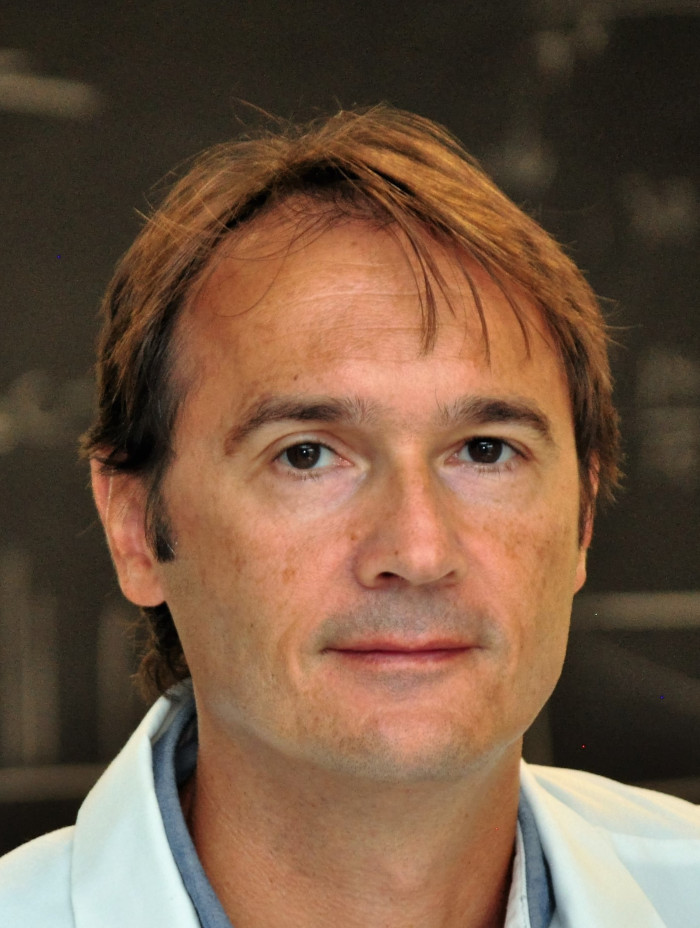für Innere Medizin II
direktion.med2@mri.tum.de

Ausbildung
1995
Doktortitel, Abteilung für Physiologische Chemie, Ludwig-Maximilians-Universität München
1992
Staatsexamen in Medizin, Ludwig-Maximilians-Universität München
Forschungs- und Berufserfahrung
seit 2023
Full Professor, Westlake Laboratory of Life Sciences and Biomedicine, Westlake University, Hangzhou, China
seit 2021
Arbeitsgruppenleiter, Klinik und Poliklinik für Innere Medizin II, Klinikum rechts der Isar, Technische Universität München
2020 – 2022
Gastprofessor, School of Pharmaceutical Sciences, Xiamen University, China
seit 2019
Arzt in Weiterbildung zum Facharzt für Humangenetik, Medizinisch Genetisches Zentrum München (MGZ)
2015 – 2019
Distinguished Professor, School of Pharmaceutical Sciences, Xiamen University, China
2007 – 2019
Professor, Burnham Institute, La Jolla, USA
1998 – 2007
Assistant/Associate Professor, Harvard School of Public Health
1994 – 1998
Postdoc, Stanford University School of Medicine und Harvard Medical School
1992 – 1994
Arzt im Praktikum, Klinik für Dermatologie, Ludwig-Maximilians-Universität München &
Forschungskollaboration am Institut für Klinische Molekularbiologie und Tumorgenetik, Helmholtz-Zentrum München
1988 – 1992
Promotion, Abteilung für Physiologische Chemie, Ludwig-Maximilians-Universität München
Androgenregulation der proliferationsassoziierten und gewebespezifischen Genexpression in humanen Prostatakarzinomzellen Mentor: Prof. Dr. Wolfram Hörz; Summa cum laude
Ausgewählte Publikationen
> AG Wolf